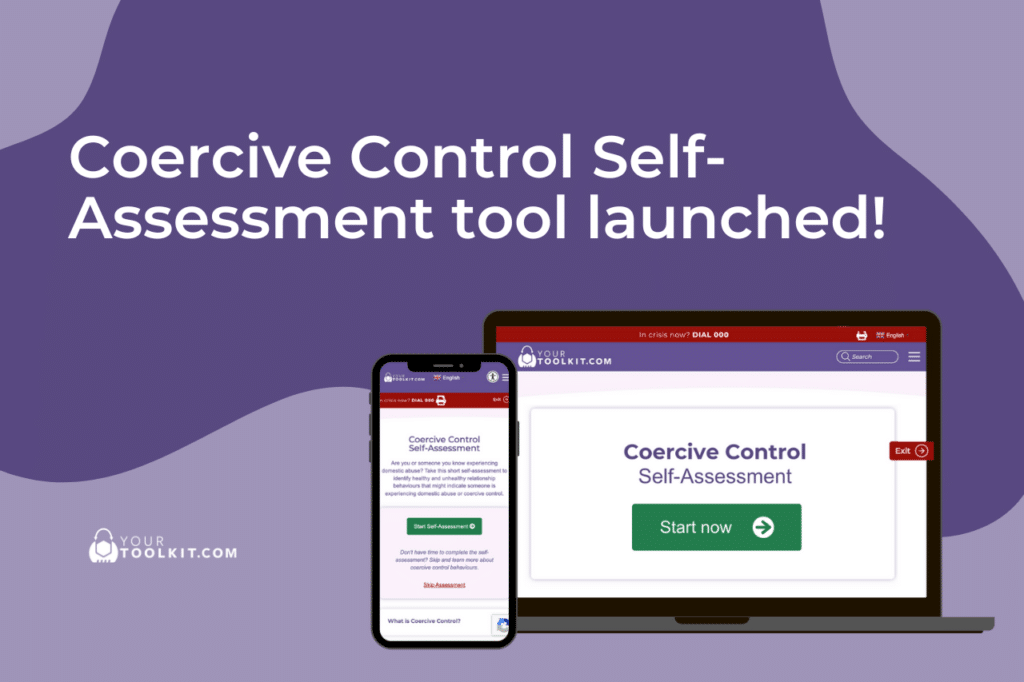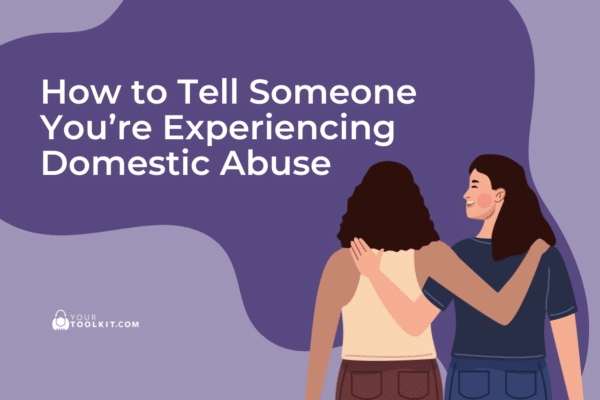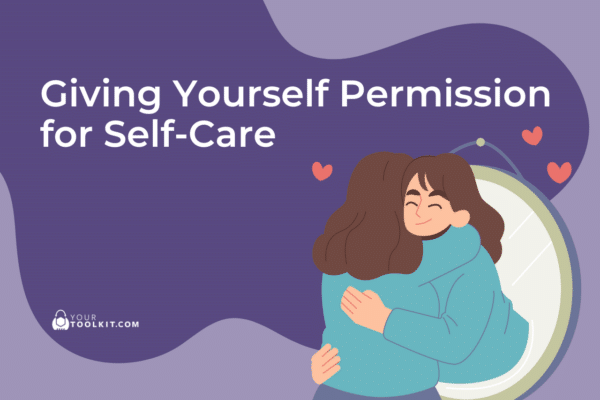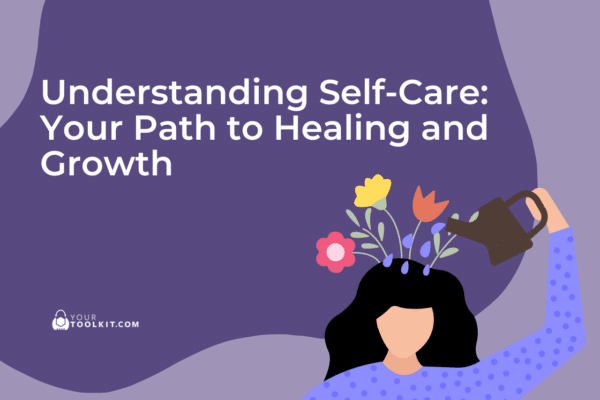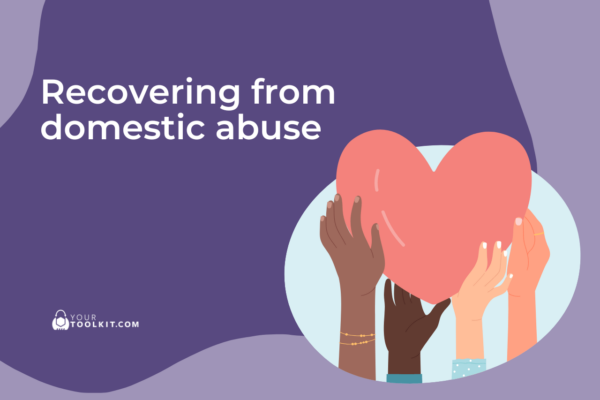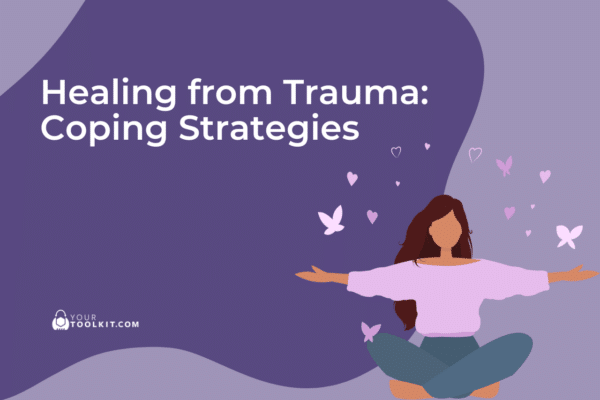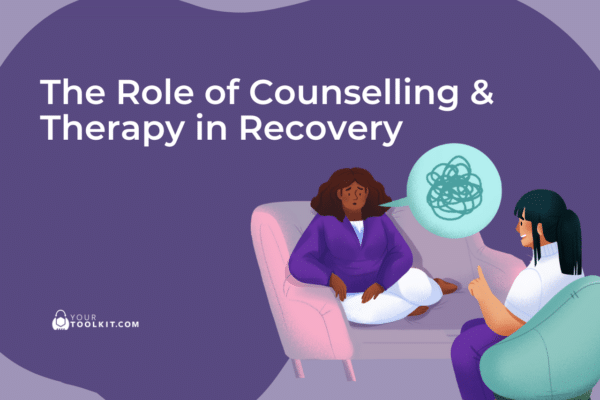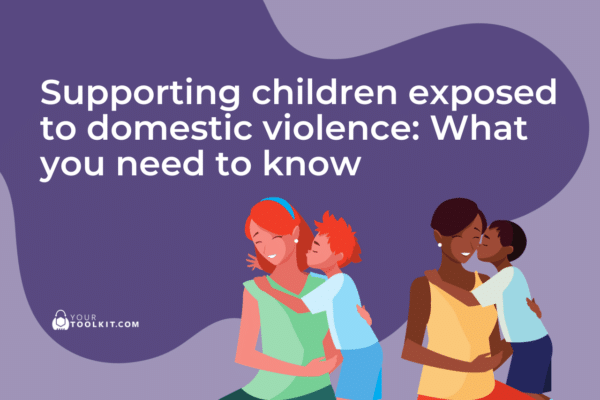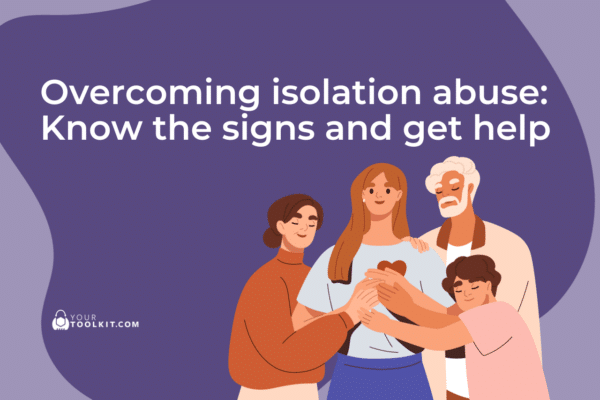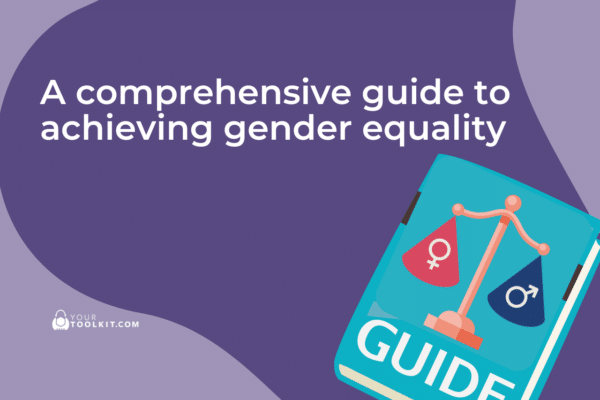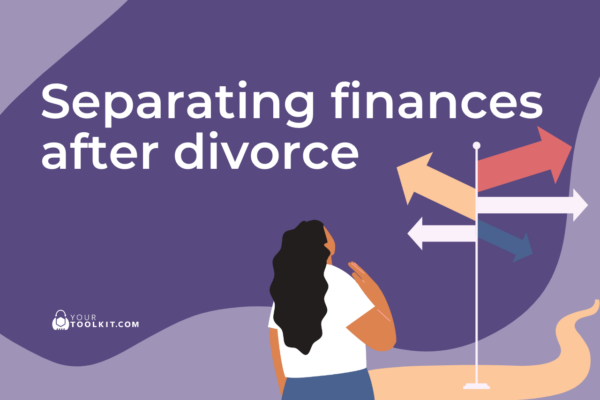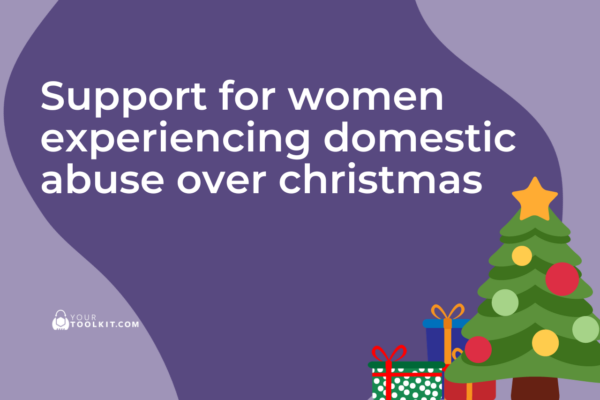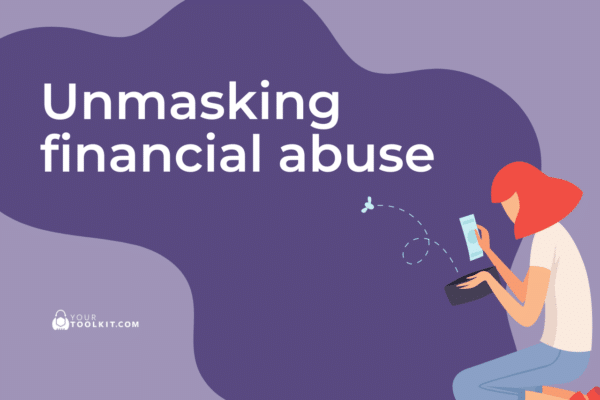7/12/2023
FOR IMMEDIATE RELEASE
Yourtoolkit.com is a leading provider of online resources for victim survivors of family and domestic violence. We are proud to announce the launch of a free online Coercive Control Self-Assessment Tool to support victim survivors of domestic abuse.
Yourtoolkit.com recognise that understanding and identifying coercive control is fundamental to effectively responding to family and domestic violence. The comprehensive online self-assessment tool empowers victim survivors by helping them identify and understand the forms of coercive control they may be experiencing through a comprehensive survey. It can be completed individually at home or with the help of a family member, close friend, or support worker.
Individuals who complete the assessment will be able to uncover the patterns and signs of coercive control in their lives and will be provided with the information they need to take the critical first steps towards regaining control and seeking the support they need.
This innovative tool has been developed by Yourtoolkit.com and adapted from several evidence-based sources, including: (a) the Duluth Power and Control model; (b) the Checklist of Controlling Behaviors (CCB) developed from clinical observation and theory by Lehmann, Simmons and Pillai (2012); and (c) the work of Evan Stark (2007, 2024).
The tool also aligns with the National Principles to Address Coercive Control in Family and Domestic Violence, published in September 2023, to create a clear and consistent understanding of coercive control.
“At Yourtoolkit.com, we are dedicated to empowering victim survivors and providing them with the tools and resources to navigate abusive situations,” said Penny Fegan, CEO of Yourtoolkit.com. “A Coercive Control Self-Assessment Tool is a significant milestone to support victim survivors. By fostering awareness and understanding of coercive control, we empower individuals to make informed choices.”
The project was supported by Yourtoolkit.com funders, including WA’s Department of Communities, Lotterywest, Stan Perron Charitable Foundation and Woodside Energy.
The Hon. Minister Sabine Winton MLA, the Minister for Prevention of Family and Domestic Violence, comments, “The Coercive Control Self-Assessment Tool is a well-designed, easy-to-use resource for victim-survivors to better understand coercive control behaviours, which includes a step-by-step guide towards being safer in their relationships should they need it.”
To access the Coercive Control Self-Assessment Tool and explore the valuable resources offered by Yourtoolkit.com, please visit Yourtoolkit.com and follow the link on the home page or visit yourtoolkit.com/questionnaire/ccsa/.
In addition to the Coercive Control Self-Assessment Tool, Yourtoolkit.com provides a free step-by-step guide on personal safety, support services and legal and money matters for people facing family and domestic violence. We also have a dedicated resource aimed at preventing family and domestic violence (yourtoolkit.com/saysomething/). Our mission is to educate, empower and equip women and children facing or recovering from domestic violence, financial abuse and coercive control.
For media inquiries, please contact:
Marketing and Communications Coordinator
Yourtoolkit.com
_________________
1 Accessed at https://www.theduluthmodel.org/wp-content/uploads/2017/03/PowerandControl.pdf on 31 July 2022.
2 Lehmann, P., Simmons, C.A., & Pillai, V.K. (2012). The validation of the Checklist of Controlling Behaviours (CCB): Assessing coercive control in abusive relationships. Violence Against Women, 18(8), 913-933, available at https://doi.org/10.1177/1077801212456522.
3 Stark, E. (2007, 2024). Coercive Control: How Men Entrap Women in Personal Life. Oxford University Press. Available at ISBN: 9780197639986.
